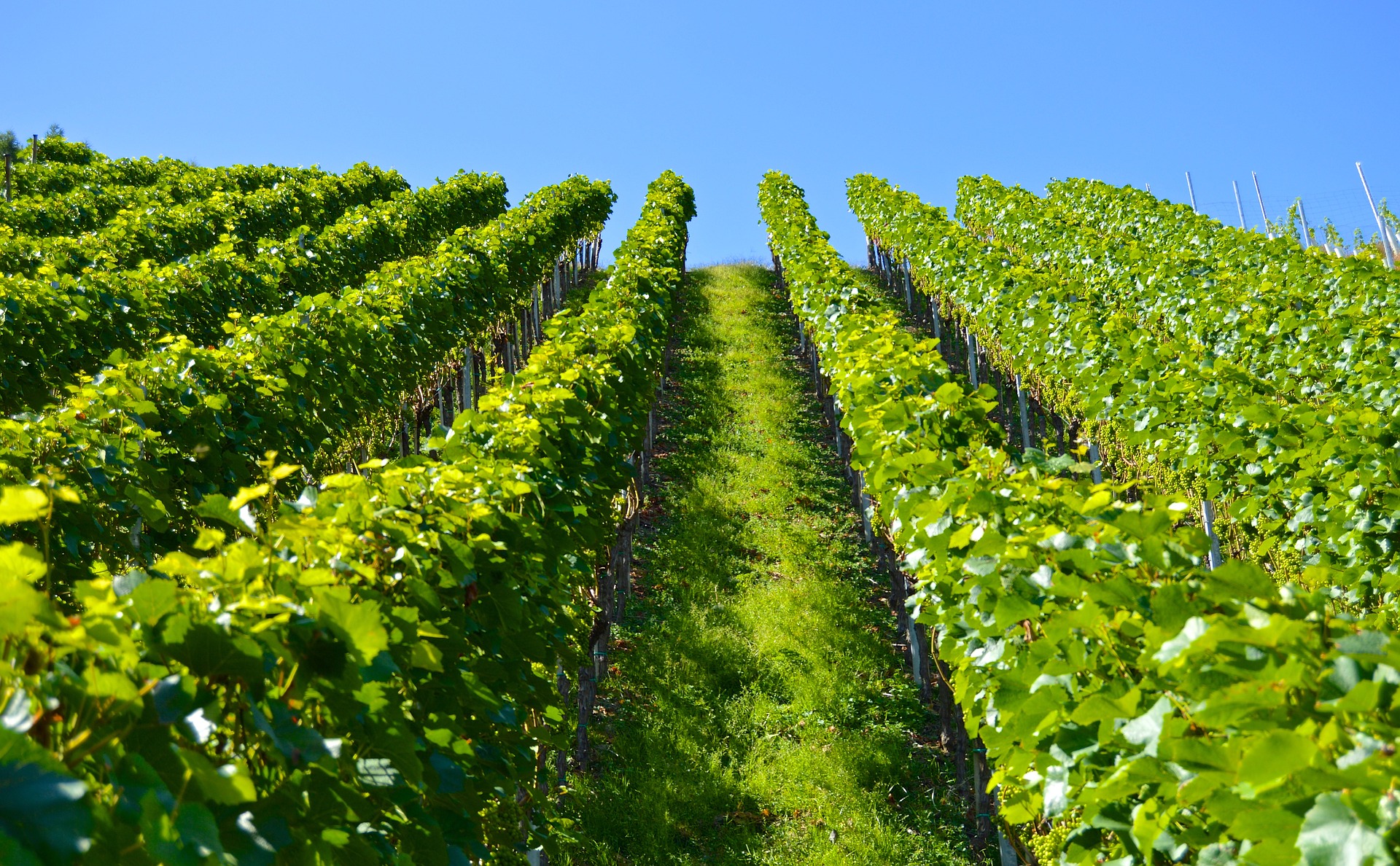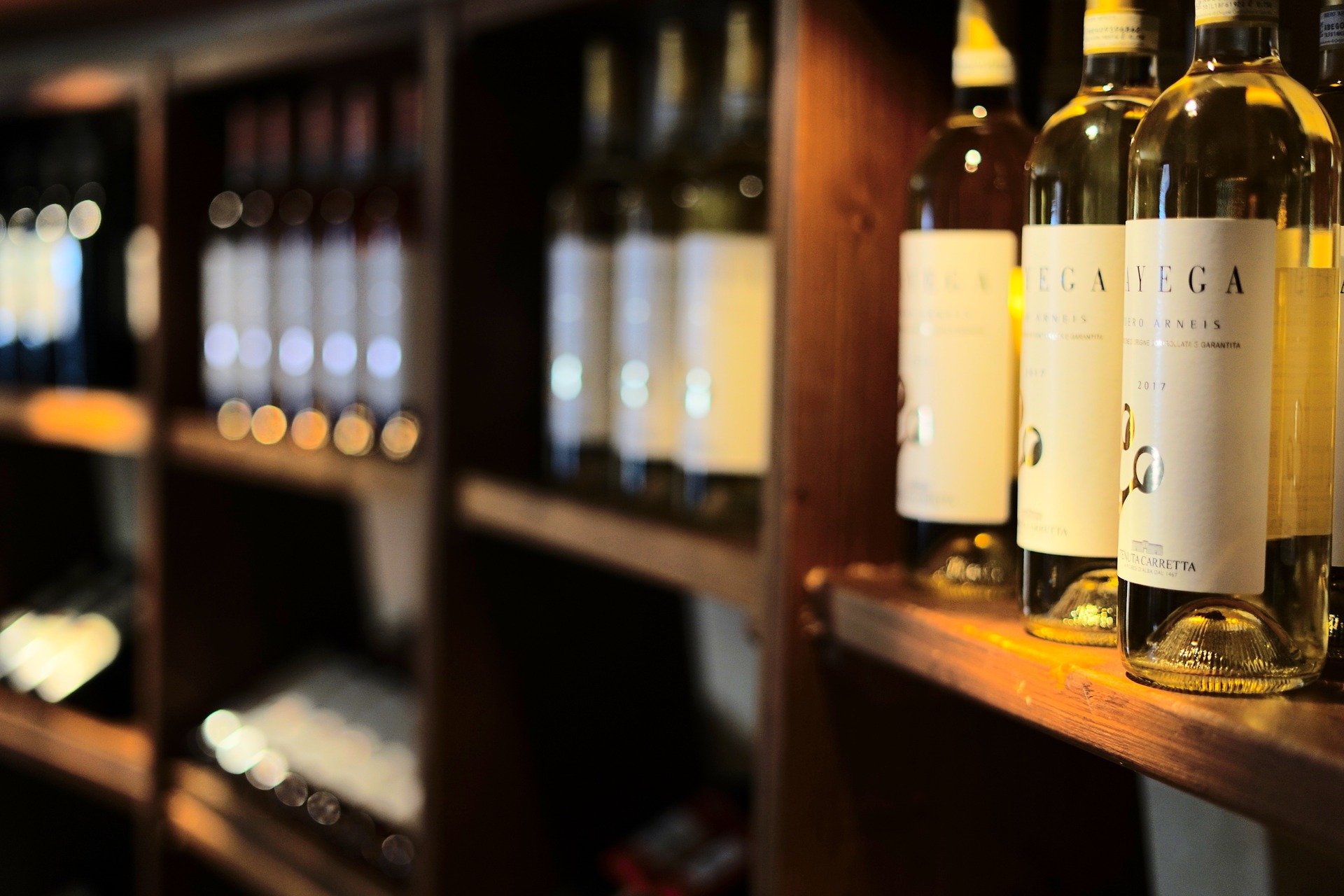
One of the main objectives of a wine producer is to sell his wine well. There are several possibilities depending on the type of buyer you want to reach and the budget you have available. We give you an overview of these markets to develop.

If you are interested in buying a winery, selling your wine will be one of your primary objectives.
As with any business, sales are a key area. You may have a great product, but if you don't know how to sell it or reach potential buyers, you won't be able to make your business profitable.
You must therefore devote time and resources to developing your commercial activity. The first point to consider is the human aspect.
Do you have the skills and time to :
If the answer is no, you should focus on wine production. You can still find solutions in the rest of this article.
Vou don't have the commercial fibre or the time to devote to it. Don't worry, here are two accessible solutions:
You produce your wine and deliver it to a cooperative. You will usually sell your wine in bulk. Your cooperative winery will take care of the packaging and marketing of your wines. This solution allows you to devote yourself fully to production and to reduce your investment and limit your stocks as much as possible.
Unfortunately, you will not have control over the selling price of your production, which will be set by your cooperative or according to the prices of the wine merchant. Beware, membership of a cooperative winery commits your plots for several years, you will not be able to break this commitment before its end.
If the cooperative markets its wines very well, you will benefit from a share of the commercial margin either in the form of a price supplement or in the form of interest.
Same principle as with a cooperative, you sell your wine in bulk. The prices will be fixed according to the market prices and depending on the appellations or the economic situation they will be more or less interesting. Here again, this option allows you to reduce your investments on your estate and to limit your wine stocks.
Unlike a cooperative, you are free to sell your wine to the merchant of your choice. On the other hand, you will not be interested in the results achieved by your merchant.
The sales staff fall into two categories:
You employ a salesperson whose job is to sell your wine. His remuneration will include a fixed salary and a variable part depending on the turnover achieved. You must also pay his travel and accommodation expenses. The expenses incurred require a minimum turnover in order to reach a break-even point.
As your sales representative is an employee, he or she works under your orders and your responsibility. You must therefore define your sales scale and your markets, set objectives for your employee, etc. You will therefore have to devote more or less time to managing your employee.
It is therefore an investment in time but also a financial risk because your employee will cost you (salaries, mission expenses) before bringing you any turnover.
Instead of hiring an employee, you can also work with an independent sales agent. You do not need to pay a monthly salary or cover the expenses of the agent. On the other hand, the percentage received on sales is higher. It should be noted that the sales agent can work with several different winegrowers, which will allow him to build up a wide range of wines.
Although he is independent, the sales agent works under your control. You define your commercial policy, your markets, etc.
The main advantage of a sales agent is that you only pay him/her on a percentage of his/her sales. You therefore have no financial risk. However, don't forget that at the end of your collaboration with your commercial agent, you will usually have to pay him/her an indemnity equal to 2 years of commission.

Whether you have decided to hire an employee or a sales agent, you must choose your market.
There are 5 traditional marketing channels for wines :
It is highly developed. The rather high selling price allows for an interesting commercial margin. On the other hand, this commercial niche is time-consuming and it can take several years to build up a sufficient customer base for its production. Trade fairs and markets allow you to broaden your customer base and to achieve an interesting turnover. On the other hand, it is necessary to be willing to travel long distances and sacrifice weekends.
You sell your wine production to wine merchants, restaurants, delicatessens, etc. Each of these customers will generally buy more wine from you than from individuals. But you will have to agree to reduce your sales margin in return for this volume. Also be aware of payment deadlines and the risk of non-payment.
You can sell much larger quantities if you market your wines to medium and large-scale distribution. This is a market that will be reserved for producers who are able to deliver large volumes.
Negotiations with distributors can be complex and difficult. You must be careful to keep a sufficient commercial margin and carefully study the payment conditions, especially the payment terms.
You can sell your wine yourself on your website. But it will usually be quite difficult to get a high visibility as there is a lot of competition between all the sites.
There are also many websites that act as an online wine shop and that allow you to reach a wide range of customers.
Exporting is also an interesting way to develop your commercial activity in the professional markets we have just presented. And the commercial margin will often be higher than for the French market.
However, developing an international clientele requires greater resources. It is therefore necessary to consider a number of points beforehand: Which international market? Is my production volume sufficient? Do I have the human resources to do it and manage the logistics? What additional investments are needed to achieve the expected profitability?
As you can see, just like the choice of labels and certifications, there are many ways to market your wine production and many markets to explore. The variety of wines produced in France offers a wide range of international markets.
The winegrowers most often mix their marketing between all these markets and these marketing methods. It is quite rare to have a single customer, which would create a dangerous dependency.
The choice of your wine marketing method will depend above all on your wishes, your commercial skills and the human and financial resources you wish to devote to it.